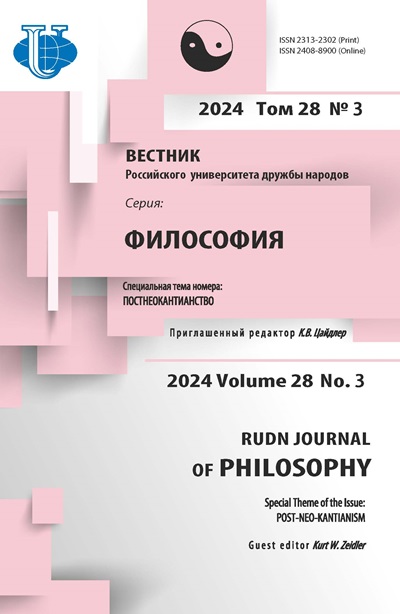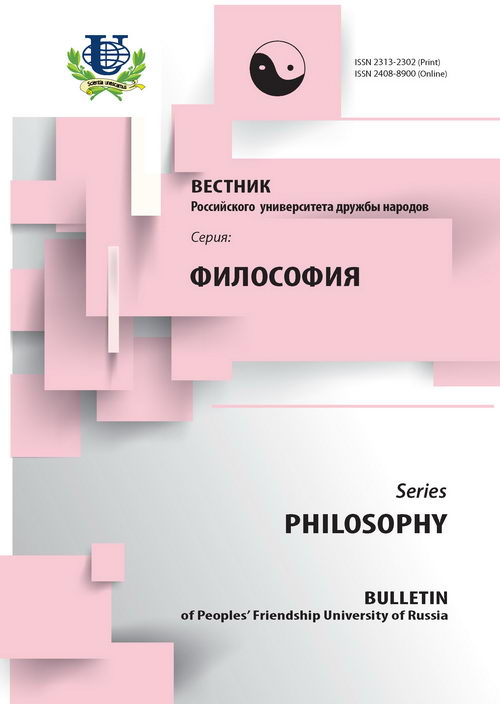Emergence, Varieties of Explanation, and the Generality of Laws (Part II)
- Authors: Schröder J1
-
Affiliations:
- Hanse Institute for Advanced Study
- Issue: No 2 (2011)
- Pages: 35-44
- Section: Articles
- URL: https://journals.rudn.ru/philosophy/article/view/11475
Cite item
Full Text
Abstract
The principal aim of this paper is to show that a constraint that C.D. Broad imposed on the acceptability of deductions of macroproperties which would show them to be non-emergent, viz. that they use only general laws of nature, is too strong and should be replaced by the weaker condition that the deductions be non-trivial. First, the relevant notion of generality is made more precise. I propose that a law is general iff it is applicable to a diversity of phenomena relative to what I call domain constitutive properties. In order to substantiate the claim that Broad's constraint is too strong I analyse three examples of explanations of macroproperties from robotics and the life sciences. All of them are non-trivial explanations and should thereby render the explained properties non-emergent. Finally, I briefly indicate three ways in which an explanation may be non-trivial.
Keywords
About the authors
J Schröder
Hanse Institute for Advanced Study
Email: hwk@h-w-k.de
Hanse Institute for Advanced Study
References
















